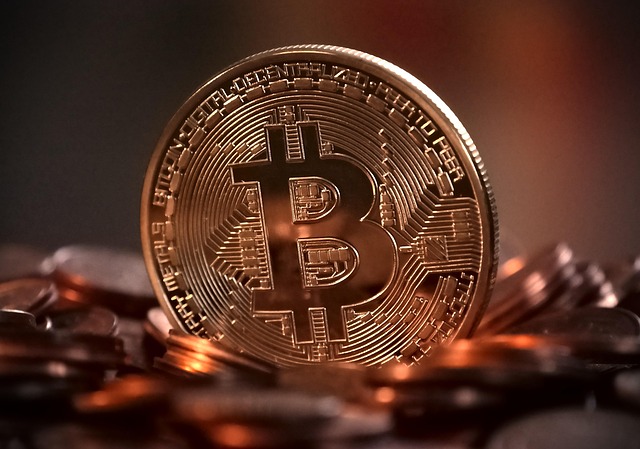Do nation-state Bitcoin reserves align with the original mission of BTC?
Bitcoin, the world’s first decentralized digital currency, has been making headlines recently as more and more countries are considering adding it to their state reserves. This trend has sparked debates among the crypto community, with some arguing that it goes against Bitcoin’s original mission.
However, it is important to note that Bitcoin’s growing popularity as a state reserve asset does not necessarily contradict its original purpose. While it is true that Satoshi Nakamoto, the mysterious creator of Bitcoin, may not have envisioned it being used as a reserve asset, the core principles of the cryptocurrency remain unchanged.
Bitcoin was created as a decentralized alternative to traditional fiat currencies, with the aim of giving individuals more control over their own money. It was designed to be a peer-to-peer electronic cash system, allowing for secure and direct transactions without the need for intermediaries such as banks.
The fact that governments are now considering adding Bitcoin to their reserves is a testament to its growing legitimacy and acceptance as a legitimate form of currency. It also highlights the potential of Bitcoin to serve as a hedge against inflation and economic instability, which are major concerns for many countries.
Moreover, the use of Bitcoin as a reserve asset does not necessarily mean that governments will have complete control over it. Bitcoin’s decentralized nature means that no single entity can manipulate its value or supply. This ensures that it remains a truly independent and transparent currency, in line with its original mission.
In conclusion, while it may seem contradictory at first, Bitcoin’s increasing adoption as a state reserve asset does not go against its original purpose. Instead, it showcases the potential of this revolutionary currency to bring about positive change in the global financial system.


Leave a Reply
You must be logged in to post a comment.